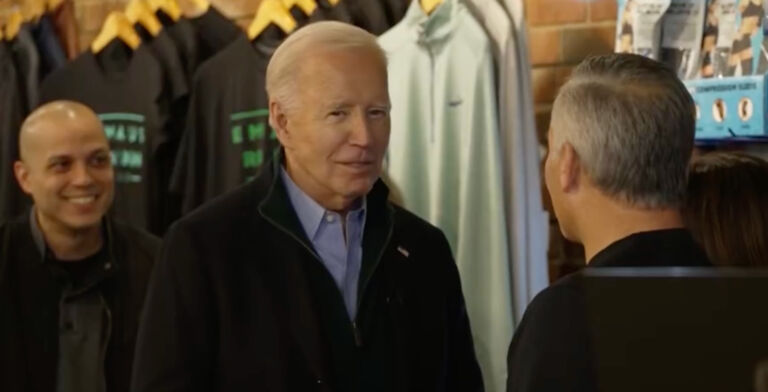Last year, the US Supreme Court found that UNC’s system of racial preferences violated the 14th Amendment of the US Constitution. Now, at least partly in response to that decision, the UNC Board of Governors is poised to shut down the system’s “Diversity and Inclusion” bureaucracy.
Under these circumstances, many are no doubt wondering, “Is there anything UNC and other universities can do to help deserving members of under-represented groups find a place in higher education?” In a New York Times opinion piece published last year, Harvard economist Roland Fryer provides an answer:
Right now, colleges take the supply of qualified minority students as fixed. They might run a summer enrichment program for local kids, but they don’t intervene in students’ education in systemic ways. They don’t teach the higher-order skills that students need to get into college. They don’t cultivate the grit and resilience that kids need to navigate a challenging curriculum after they are admitted. They rely on existing schools to do that — and if those schools routinely fail minority students, well, that’s a problem with the precollege pipeline.
This argument has allowed elite colleges to sidestep responsibility for far too long. They could fix the problem if they truly wanted to. Elite colleges could operate a network of, say, 100 feeder middle and high schools — academies that are open to promising students who otherwise lack access to a high-quality secondary education, in cities where such children are common because of high poverty rates and underperforming public schools. These institutions would bring their students up to the sponsoring universities’ standards so that they are ready for elite schools when they graduate.
Fryer goes on to provide a detailed explanation of how such a program would work, answering various objections as he goes so. He concludes by saying:
If we truly believe that a lack of opportunity is what holds Black and Hispanic students back — if we actually believe that and don’t just say it to signal our virtue — we should be impatient about taking matters into our own hands. The time to act is now: A new class of students across America’s inner cities will be starting high school in the fall.
Those who would like to learn more about Fryer and his feeder school proposal should watch this interview or read the transcript.
H/T: Ted Balaker


